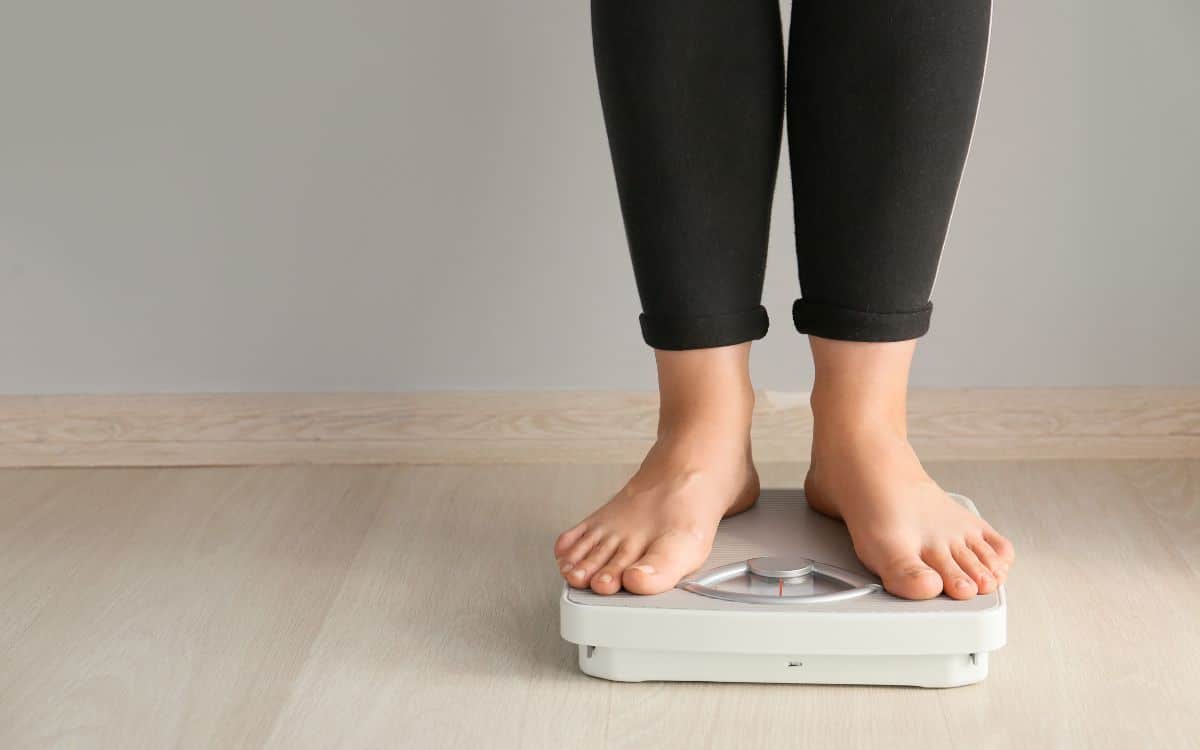It is a known fact that weight loss surgery can only achieve a successful result when complemented with dietary and lifestyle changes. Gastric sleeve surgery is truly the most commonly performed weight loss surgery in the United States, and this is due to its effectiveness and low complication rate.
Nevertheless, there are stories of the failure of this procedure when the patient did not lose enough weight or even regained the already lost weight.
The Keys to Achieve Success After Gastric Sleeve Surgery
The keys to success after gastric sleeve surgery are the components of the lifestyle and dietary changes. Bariatric surgeons often require that an obese person commence these dietary and lifestyle changes before surgery to ascertain his/her seriousness in achieving weight loss.
Insurance companies will most likely deny a client the approval for gastric sleeve surgery if there is no medically supervised evidence of compliance with these dietary and lifestyle changes. All these are pointers to the importance of dietary and lifestyle changes to the success of bariatric surgery.
You, therefore, have the liberty to choose to be one of the success stories of gastric sleeve surgery or be on the other side. This is because the keys to success after gastric sleeve surgery and other bariatric surgeries lie in dietary and lifestyle changes.
What are the components of these changes? What are the success keys?
Eating Habits
Gastric sleeve surgery is a restrictive weight loss surgery whose mechanism of inducing weight loss is by causing early satiety and suppression of appetite. The key to success in this regard is for you to stop eating before the sensation of fullness comes and to limit your meal to 3times daily. If you eat small meals more than 3times daily, you will consume more calories, and you will not lose enough weight.
A primary cause of inadequate weight loss is the stretching and permanent dilatation of the sleeve (the remaining stomach). To prevent this, eating and drinking should be at least 30 minutes apart.
Meal Contents
Your meal after gastric sleeve surgery should contain more of proteins than carbohydrates and fats. Your nutritional requirement will be met by a protein meal and protein will stay longer in the stomach leading to reduced frequency of hunger.
Avoid alcohol as it is high in sugar, deficient in nutrients and may prevent you from eating nutritious food leading to malnutrition. Alcohol may also stretch and permanently dilate your stomach leading to more calorie intake and weight gain. The energy derived from alcohol is addictive and may result in a positive energy balance resulting in weight gain.
Carbonated drinks should also be avoided as they can stretch your stomach, abolish satiety and prevent adequate weight loss. No snacks. Snacks are rich in refined sugars and are counterproductive to weight loss before or after surgery. Please avoid snacks as much as possible.
Adequate Water Consumption
The reduced food intake may make you drink a small amount of water as well. However, fluid consumption after gastric sleeve surgery should be at least 64 oz. or more of water in a day. This should be plain water and not energy drinks with high calories. The water should be taken in small quantity at a time to avoid stomach stretch and dilatation.
Exercise
Regular exercise has no substitute in achieving a success story after gastric sleeve surgery. You must be determined to engage in physical activities as they help in fat mobilization for energy production. Exercise helps reduce cardiovascular risk by its positive effects on blood pressure and blood sugar control. Different categories of activity are available for post-gastric sleeve patients, and no standard guideline is available to say which one is the best. You, therefore, need to stick to the type of exercise recommended by your healthcare provider.
The American Society for Metabolic and Bariatric Surgery (ASMBS) recommend mild exercise such as aerobic walking for at least 20 minutes per day for 3-4 days in a week. This is also similar to the recommendation of the American Heart Association (AHA). Dancing, swimming, cycling, and yoga are also beneficial.

What You Can Do to Help Achieve Success
When you have decided to embark on the journey of gastric sleeve surgery you must know that you have to do certain things in order to achieve successful results. It is important that you follow through with certain significant steps in order to have a healthier and more fulfilling life.
When you get weight loss surgery the success hinges on multiple factors that require medical adherence, conscientious nutritional choices, and a commitment to lasting lifestyle modifications.
The keys to success after gastric sleeve surgery:
- Stop eating before the sensation of fullness comes
- Limit your meal to 3 times daily
- Eating and drinking should be at least 30 minutes apart
- More of proteins than carbohydrates and fats
- Avoid alcohol
- Carbonated drinks should also be avoided
- No snacks
- At least 64 oz. or more of water in a day
- Regular exercise
The above are keys to success after gastric sleeve surgery. Stick to them; fight your desires to ensure you do not derail and you will surely be among gastric sleeve success stories.


